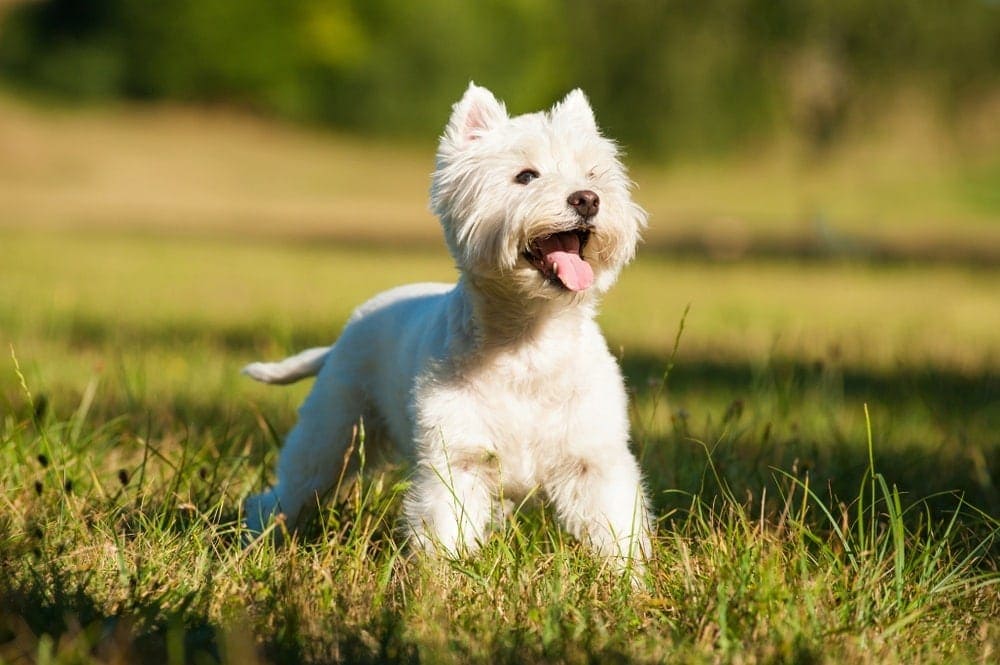Can Dogs Eat Lion’s Mane Mushrooms? Vet-Approved Facts & FAQ
Updated on

Lion’s mane (Hericium erinaceus) is a popular medicinal mushroom found throughout North America. Known for its healing properties, this interesting-looking mushroom can help ease anxiety and calm angry guts. So, it’s marvelous for humans, but what about dogs? Can dogs eat lion’s mane mushrooms? The good news is, yes, dogs can eat these mushrooms and potentially reap the health benefits.
Let’s take a closer look at this amazing mushroom and explore what it can do for both you and your dog.
What Are Lion’s Mane Mushrooms?
Lion’s mane mushrooms, also known as pom pom mushrooms, have many health benefits due to their bioactive substances, particularly for the brain, heart, and gut. They are white, large mushrooms resembling a lion’s mane, hence the name. They offer medicinal properties and are also used in culinary dishes in Asia, especially in China, Japan, India, and Korea.
These edible fungi have a desirable taste that is similar to lobster. They have been used for centuries in traditional Chinese medicine for its health benefits. Lion’s mane mushrooms are rare in that they serve both culinary and medicinal purposes. You can find them on dead trees and logs, particularly Oaks, beech, birch, walnut, maple, and sycamore trees in the southern United States. However, novices should never search for these mushrooms without expert guidance and identification.

What Health Benefits Do Lion’s Mane Mushrooms Offer Dogs?
The health benefits dogs can gain from Lion’s mane mushrooms have not been proven, but potentially include the following:
- Gut and Immune Health – These mushrooms have prebiotics called oligosaccharides that feed the good bacteria in your dog’s gut. 80% of the immune system lives in a dog’s gut, making gut health an integral part of a dog’s overall health. In other species, these mushrooms can also regenerate the intestinal lining and prevent or repair a leaky gut
- Brain and Neurological Function – As we age, so do our brains and nervous systems, and dogs are no different. As a dog ages, their mental status may become altered. This is referred to as canine cognitive dysfunction. Some pet parents have stated that after giving Lion’s mane for a few weeks, their dogs showed cognitive improvement, such as showing more interest in playing, holding eye contact, being more engaged, and less disoriented. They can also stimulate nerve growth and even regenerate damaged nerves in limited scientific studies.1
- Help Manage or Prevent Cancer – One of the worst things to hear is your dog has the C word. Thankfully, lion’s mane may inhibit certain types of cancer.2 While evidence in dogs remains to be examined, the potential is interesting for future research.
- Antibacterial Benefits – Antibiotics are typically administered if a dog gets an infection; however, antibiotics destroy both good and bad bacteria in the gut. As we know, a significant portion of the body’s immune system lives in the gut, and it’s detrimental to keep a dog’s gut health in check. Lion’s mane has antibacterial properties purported in other species, but before skipping the vet and giving lion’s mane, check with your veterinarian to ensure it’s safe to do so.

How Do I Give Lion’s Mane to My Dog?
When feeding mushrooms, we advise you to consult your veterinarian on how much to give your dog. Little research has been done to show how much, if any, mushroom should be incorporated into a dog’s diet. However, it is worth a discussion with your vet, if you have reasons to believe that it may be of use to your pet.
Tips for a Healthy Diet for Your Dog
Your pup’s overall health begins with nutrition, and it’s essential to provide your dog with a proper age- and breed-appropriate diet. For example, you shouldn’t feed your Rat Terrier dog food made for large breeds. Ensuring you buy breed-appropriate dog food will help your dog digest the food better, as the kibble is generally smaller in size for the smaller pups. Speak with your vet to find the best diet for your pup.

Final Thoughts
Lion’s mane mushrooms have impressive health benefits for humans though the research is outstanding with dogs. Before you introduce any new foods to your dog, we advise you to consult your veterinarian to ensure it’s safe to do so, especially for doggies already fighting a disease, such as cancer or diabetes.
See also:
Featured Image Credit: Lubomir Dajc, Shutterstock











